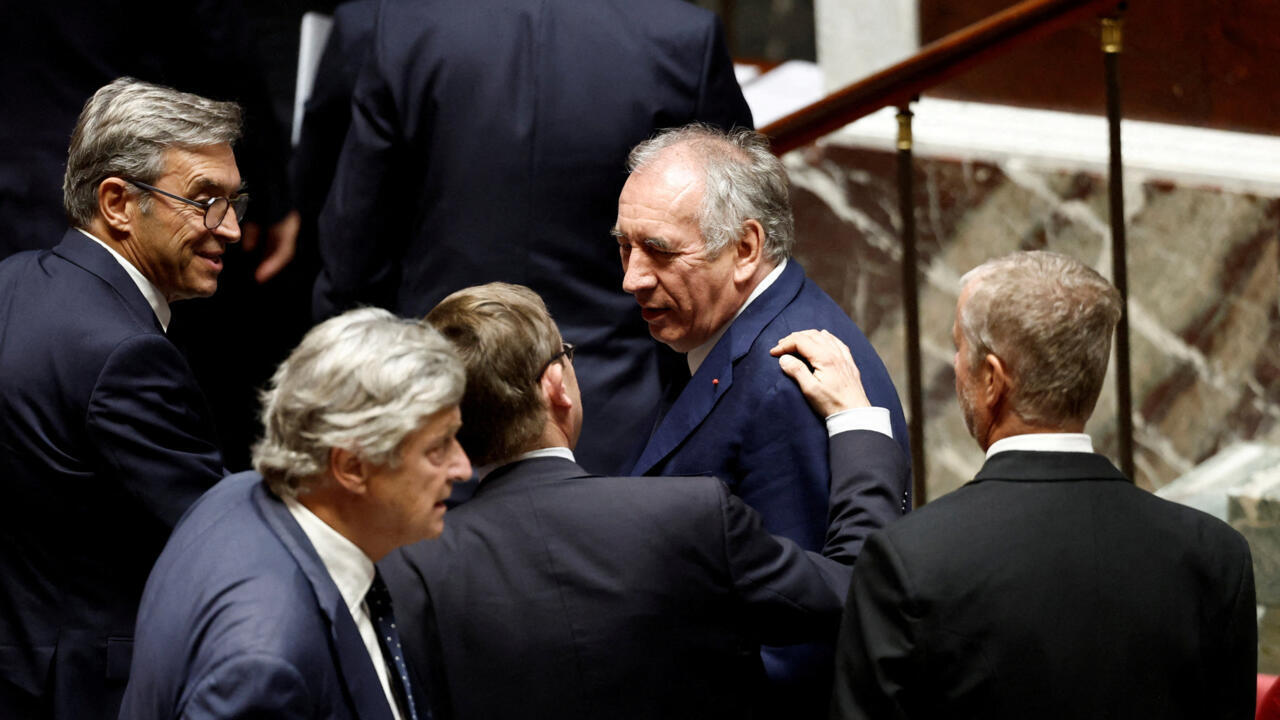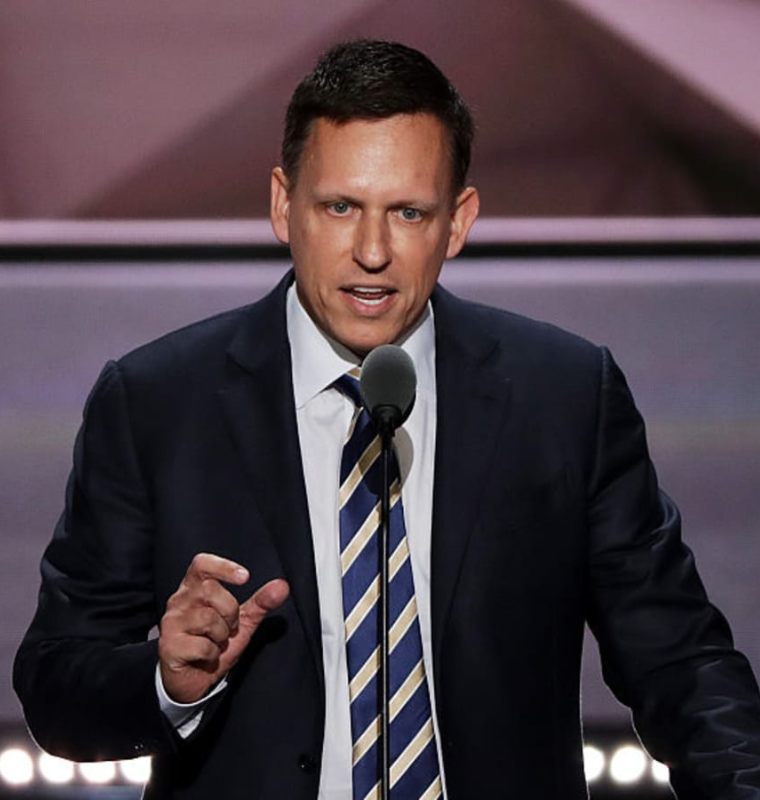French Prime Minister Francois Bayrou Ousted in Confidence Vote, Government Falls
French Prime Minister Francois Bayrou Ousted in Confidence Vote, Government Falls
By
Rachel Steinberg
Last updated:
September 9, 2025
First Published:
September 9, 2025

Photo: France 24
French Prime Minister Francois Bayrou and his centrist minority government were ousted Monday after losing a confidence vote in the National Assembly, a motion Bayrou himself had called.
Confidence Vote and Political Fallout
The outcome was widely anticipated as Bayrou struggled to gain backing from rival parties on both the left and right for his proposed 2026 budget, which aimed to reduce France’s sizable deficit. His defeat triggers the appointment of a new prime minister, making this France’s fifth leadership change in less than two years under President Emmanuel Macron. Macron is expected to select another centrist ally to lead a minority administration.
Political and economic instability has plagued France since last year’s snap parliamentary elections, which produced inconclusive results. Parties across the spectrum have shown little willingness to support minority governments, particularly those proposing spending cuts or tax hikes intended to rein in a deficit that reached 5.8% of GDP in 2024.
Budget Dispute
Bayrou’s administration had proposed approximately €44 billion ($51 billion) in cuts for the 2026 budget, targeting a deficit reduction to 4.6% of GDP. While the plan represented a step toward fiscal consolidation, it still fell short of the European Union’s recommended limit of 3% of GDP for member states. Opposition lawmakers opposed the measures, citing concerns over social spending reductions and potential economic slowdown.
Historical Context
The collapse of Bayrou’s government follows a pattern of brief administrations. Less than a year ago, Michel Barnier’s short-lived government fell after he attempted to use special constitutional powers to pass a social security budget bill without a parliamentary vote.
With France now entering yet another period of political uncertainty, economists and investors are closely watching how the next prime minister will navigate the twin challenges of budgetary discipline and political consensus in the nation’s third-largest economy.
The coming weeks will be critical as Macron seeks a stable leadership team capable of steering France through economic reforms while maintaining parliamentary support.
Popular articles
Subscribe to unlock premium content
Naval Ravikant The Angel Investments That Quietly Made Him a Multimillionaire

Rising From the Rubble Lessons From Billionaires Who Failed 10 Times Before Success

Peter Thiel How His PayPal Ventures Paved the Way for Palantir’s Billion-Dollar Success

Naval Ravikant The Angel Investments That Quietly Made Him a Multimillionaire

Rising From the Rubble Lessons From Billionaires Who Failed 10 Times Before Success

Naval Ravikant The Angel Investments That Quietly Made Him a Multimillionaire









